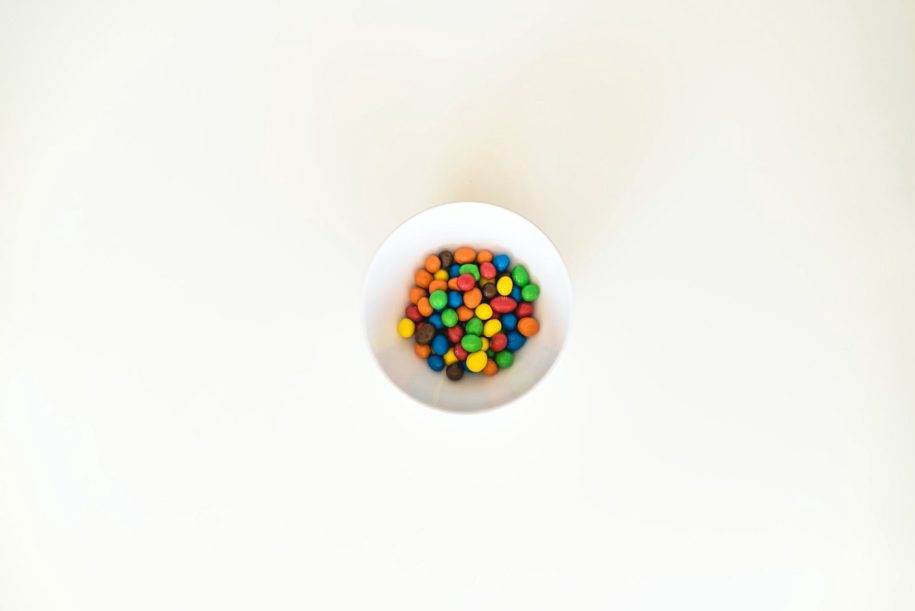I assumed that within my first 60 days sober, I would become a girlfriend. I thought I would lose weight, become not depressed for starters, and of course, fall into an extraordinary amount of money. Unsurprisingly, those things didn’t happen in the first 60 days and sure, a few still haven’t come true, now three years later.Continue reading “How I Have Fun, Sober And Quarantined”
Monthly Archives: August 2020
What is Alcohol Use Disorder? Everything You Need To Know About ‘Alcohol Use Disorder’ And Its Signs
We don’t use the word “alcoholic” at Monument because your drinking does not define you. And what many people don’t know is that alcohol use disorder is a medical condition that can be diagnosed by a doctor and treated with tools such as therapy and medication. We know how scary the “do I have aContinue reading “What is Alcohol Use Disorder? Everything You Need To Know About ‘Alcohol Use Disorder’ And Its Signs”
How My Sobriety Changed My Perspective On Fear
I began abusing alcohol when I was barely a teenager. I didn’t drink because I wanted to be cool, or because I liked the taste of the decades-old brandy I stole from the dusty corner of my parents’ liquor cabinet. I drank to dull the fear: the fear of failure, of the bullies at school,Continue reading “How My Sobriety Changed My Perspective On Fear”


